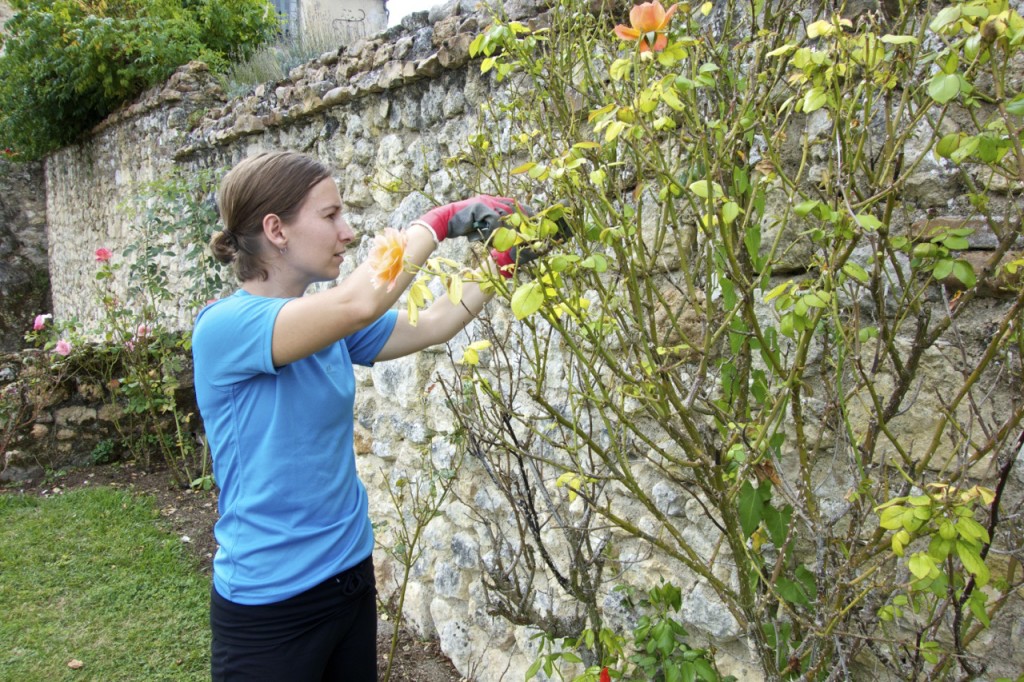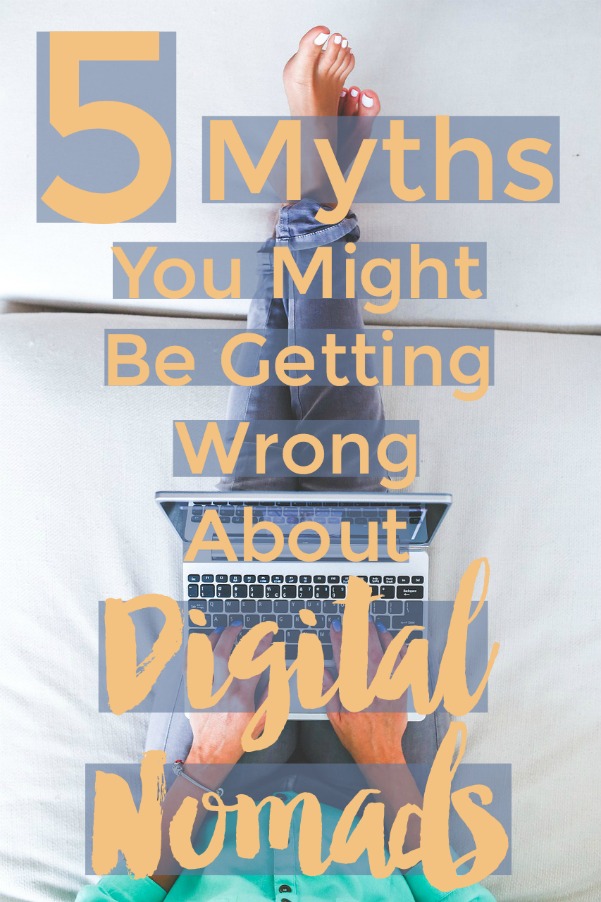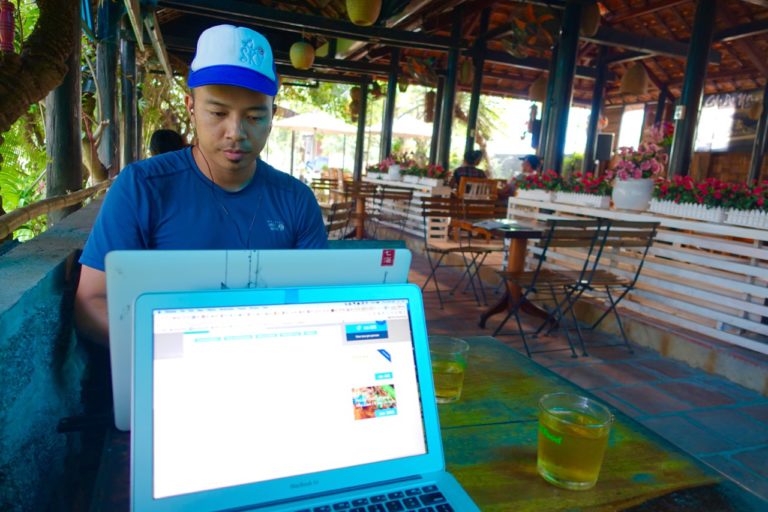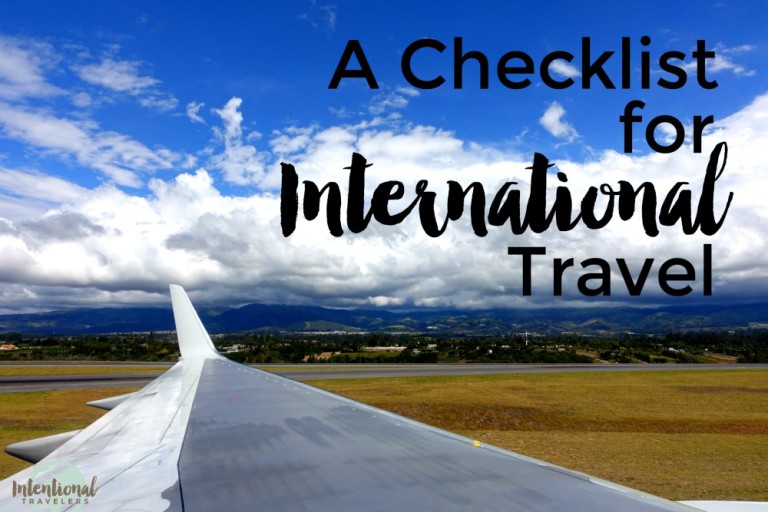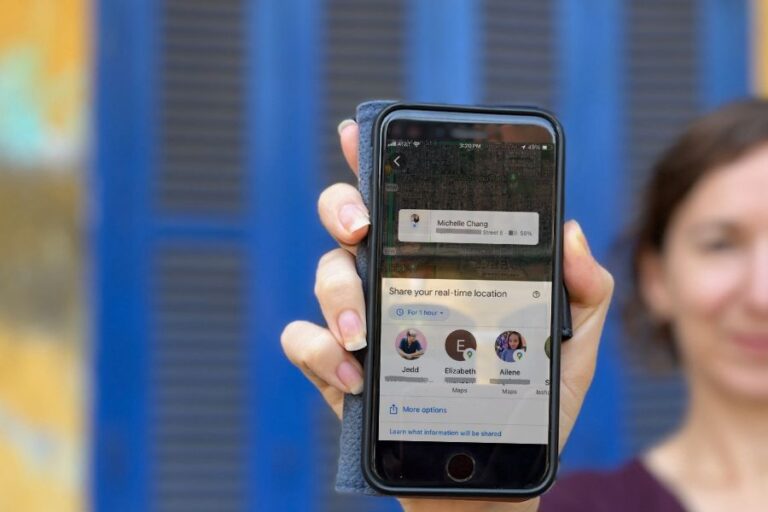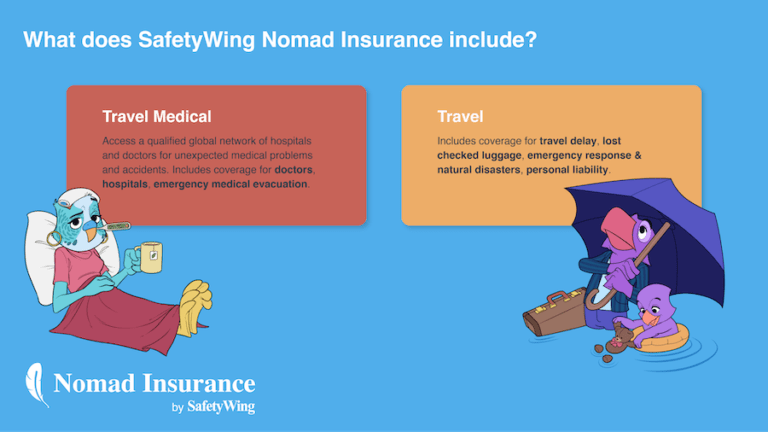5 Myths You Might Be Getting Wrong About Digital Nomads
We’ve written quite a bit about digital nomads because that’s what allows us to pursue transformational experiences around the world. Now that the concept of remote work is more common and the number of digital nomads is booming, we get (slightly) fewer strange looks when we talk about what we do to make a living.
But even when folks start to grasp the idea of what a digital nomad is, there are still a number of common misconceptions.
It feels important to bust some of these myths because 1) we’d like people to understand who we are better – to give credit where credit is due, but also to avoid making this lifestyle into a fairytale, and 2) because people use these myths as excuses for why they can’t do something similar.
Updated: 2023. Originally published: Aug 2017.
Let’s take a look at some of these myths about digital nomads…
Myth 1: Digital Nomads Must Be Wealthy
Say you’re on vacation and you’re chatting with a fellow traveler who mentions that he’s been traveling for the past year. You might jump to the assumption that he’s a trust fund kid. Or maybe he gets paid so much at his job that he can afford to take a year off for global gallivanting.
While these are certainly possible scenarios, there’s another, completely different possibility: he’s working as he travels.
Yes, many digital nomads are doing quite well for themselves and may be earning excellent incomes from the work they do online. But making a lot of money actually isn’t a requirement for sustaining the digital nomad lifestyle!
In our first year or two as digital nomads, we visited Europe and Asia while our income was still below the so-called “poverty line.” How was this possible? Remember that we spend (significantly) less per month as digital nomads than we did when we had “normal jobs” and rented an apartment.
Working in the garden of a B&B for free room and board
Working online without a permanent dwelling allows us to get creative to make ends meet.
We rarely stay in hotels, we visit friends and family, house-sit, do work exchanges, or book long-term apartment rentals at a discount in places with low costs of living. In addition, we get free international flights through our travel hacking hobby.
And just to reiterate: everywhere we go, we continue to work and earn money!
Myth 2: Digital Nomad Life Is A Vacation
Sure, if you’re following a digital nomad on social media, you’ll probably see beautiful images of all the fun things they’re doing.
What you don’t often see is that person working the rest of the day from their computer – because how many of us post pictures of boring stuff at work? (We personally try to make more of an effort to show an accurate depiction of our lifestyle for this reason – but again, it would be really boring to share photos of us plugging away on our laptops day after day.)
In reality, whether Jedd and I are living in a foreign country or in Oregon, our “schedules” are often pretty similar – only the scenery changes. We exercise in the morning, work for a few hours, eat, go for a walk or see something new, work for a few more hours, eat, sleep, rinse, repeat.
Myth 3: Digital Nomads Are Constantly Traveling
For the typical person, the notion of traveling long-term may sound completely exhausting, especially if you’re picturing your backpacking trip through Europe – cramming all the sights into two days, hopping on a train, and crashing at a new hostel to start the process over again in a new city.
Multiply that by more than a week, and you’d be spent (in more ways than one). But that’s not what travel looks like for most digital nomads.
There’s quite a lot of diversity when it comes to how digital nomads travel. Because we need to work, it makes more sense to stay in each place for a longer period of time.
Some nomads like to settle in a home base – like Bali or Chiang Mai or Medellin – for several months or even several years. Others move on to a new spot at a pace that suits them – usually spending a minimum of two weeks at each stop.
Fortunately, the side effects of slower travel like this means less energy expended on moving from place to place – and it’s cheaper! Accommodations often offer discounts for week-long stays – and even more for monthly rentals, plus if you get yourself a kitchen, you can save on food costs as well.
Another great benefit is that we don’t have to pack all our sight-seeing into a few precious days because we can stay put for longer periods of time.
Myth 4: Digital Nomads Are Web Developers
It’s true that working remotely in web development is a common and effective way to make a living as a digital nomad. But there are so many other options!
We know digital nomads who coach or counsel clients through video calls. Services like legal help, accounting, or any kind of teaching can be done this way.
Folks like us run social media campaigns and create online content for different organizations. Others create and sell digital products like e-books, guides, online subscription services, etc. Many entrepreneurs in different fields have figured out how to run their team remotely so that they can be location independent.
In other words: Coding skills are not required!
Myth 5: Digital Nomads Are Making Big Income By Blogging
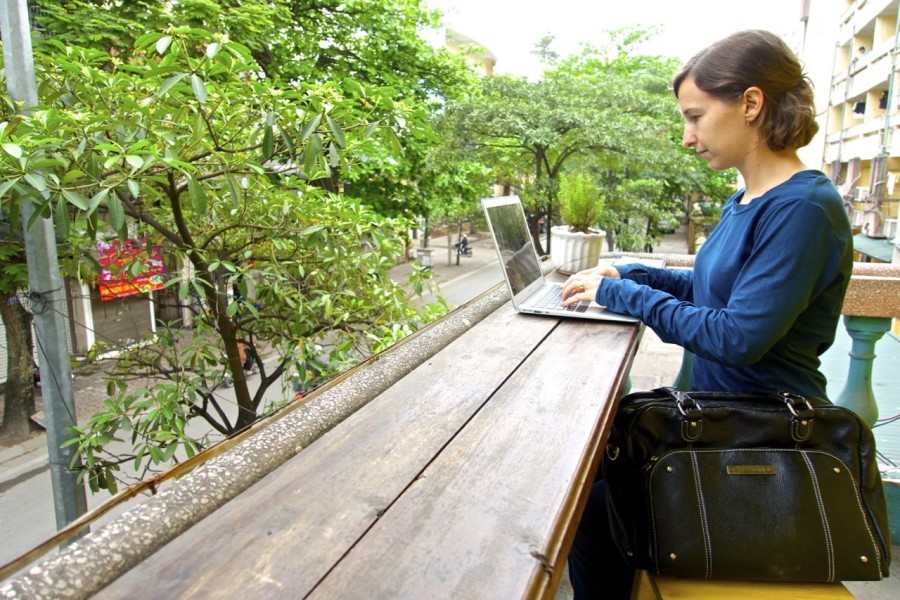 A lot of digital nomads keep a travel blog (guilty as charged). Because this is the most public part of what we do, there is sometimes a misconception that blogging is the only thing paying the bills.
A lot of digital nomads keep a travel blog (guilty as charged). Because this is the most public part of what we do, there is sometimes a misconception that blogging is the only thing paying the bills.
While blogging does bring in some income for people, it’s actually pretty rare that the blog itself makes enough to live off of. Some people will monetize their blogs by creating e-products for their audience or by leveraging it as a portfolio/living business card to bring in coaching clients and provide other services.
Most bloggers we know have multiple streams of income. For us, our income comes primarily from freelance work. We get value out of blogging by helping our readers pursue more meaningful travel, connecting with like-minded people online, and partnering with brands and destinations to get free experiences as we discover new places.
What other myths have you come across about digital nomads? If there’s anything we can help clarify, just let us know in the comments below!
You might also like:
Long Term Travel Packing List Essentials: Global Nomad Clothing Recommendations
Off-the-beaten-path Small Town Digital Nomad Destinations
How To Choose Your Next Digital Nomad Destination: Remote Work and Travel
Our Top Freelance Digital Nomad Business Tools
Nomad Living: A Day In Our Digital Nomad Life (Video)
My Portable Ergonomic Workstation Set Up for Digital Nomads
Like this post? Pin it for later or share with friends!

